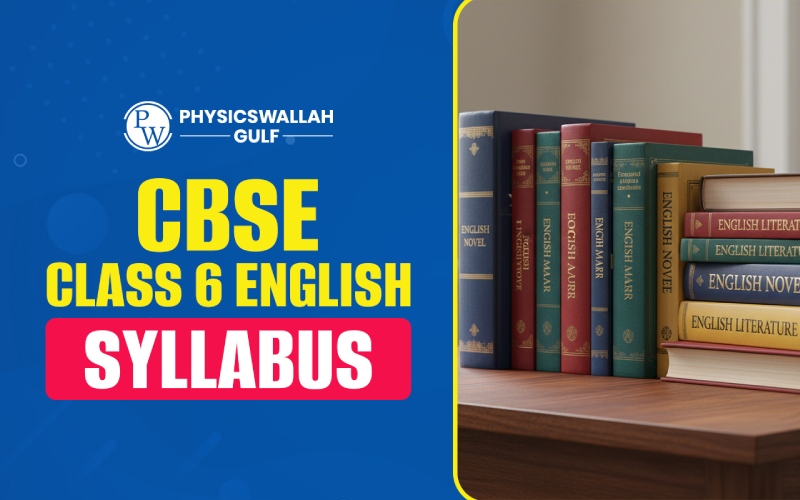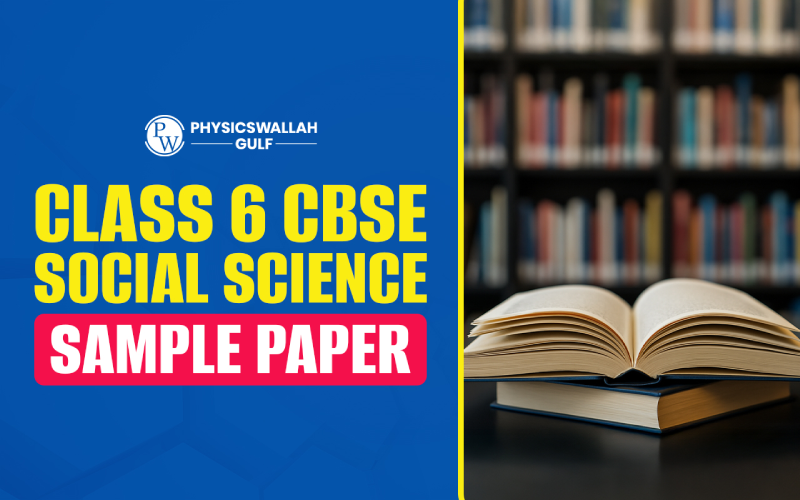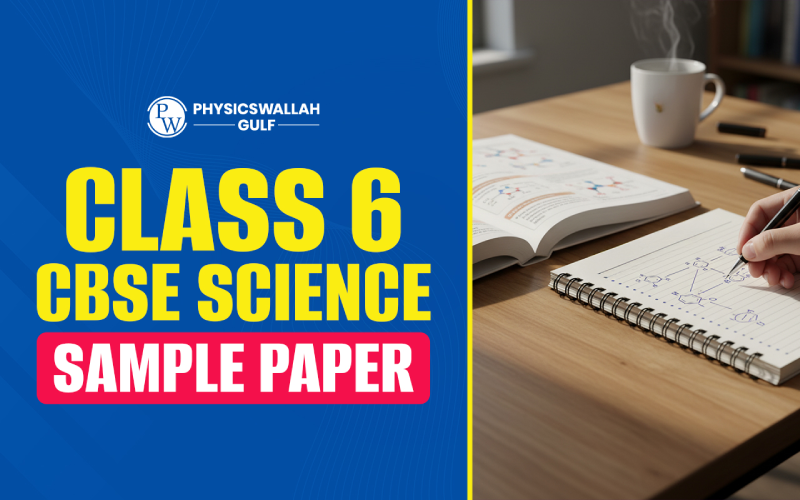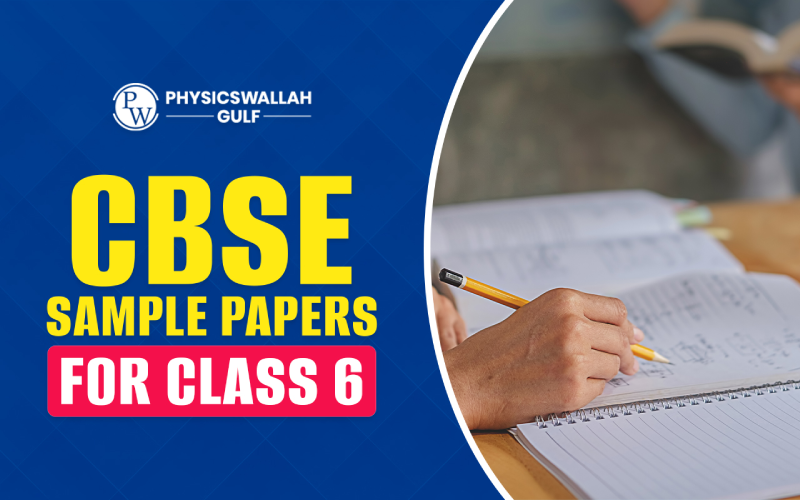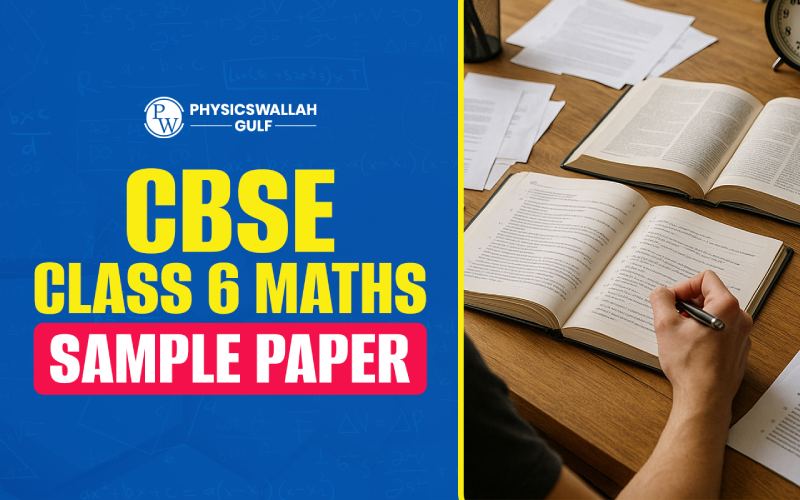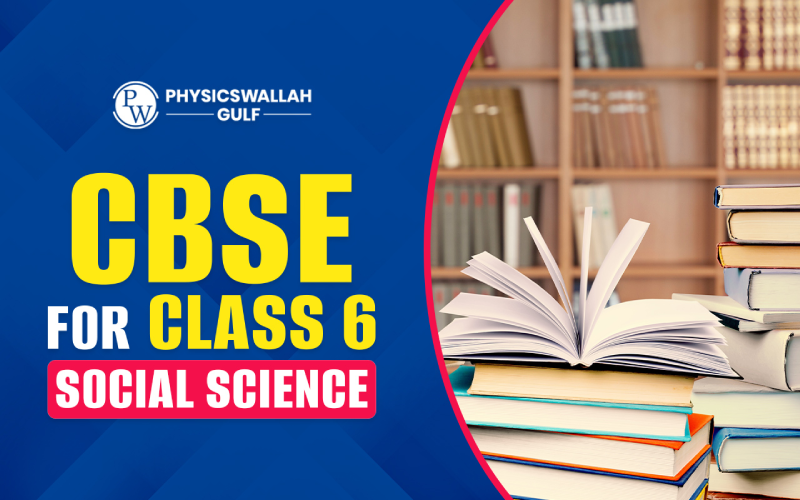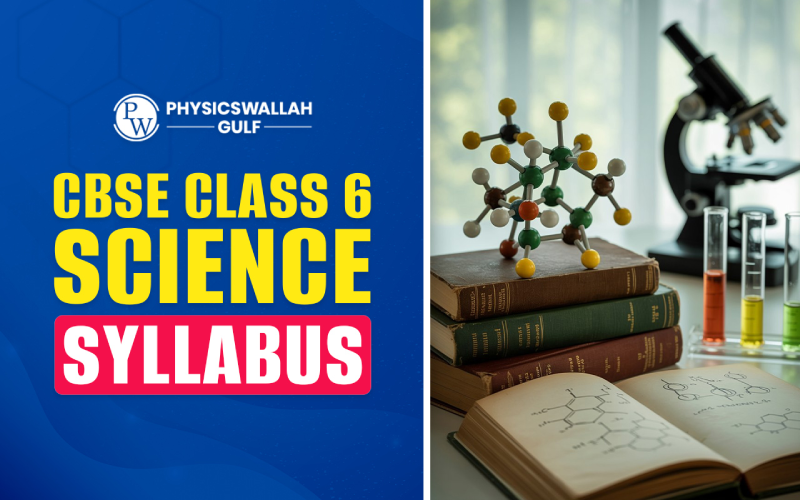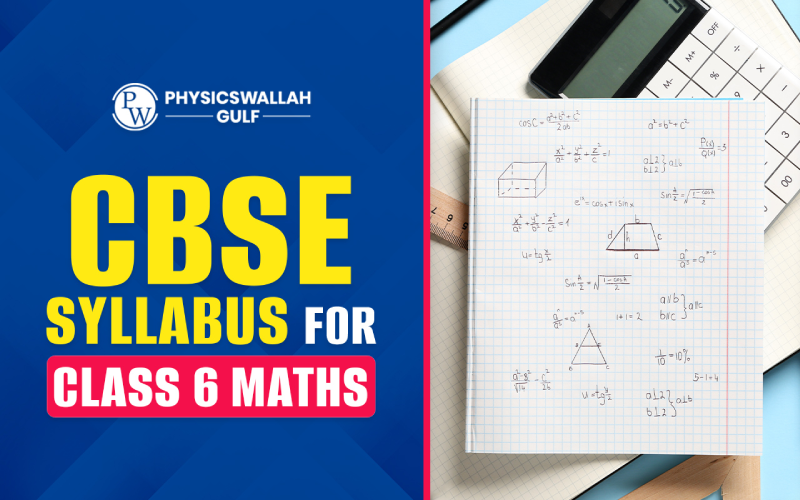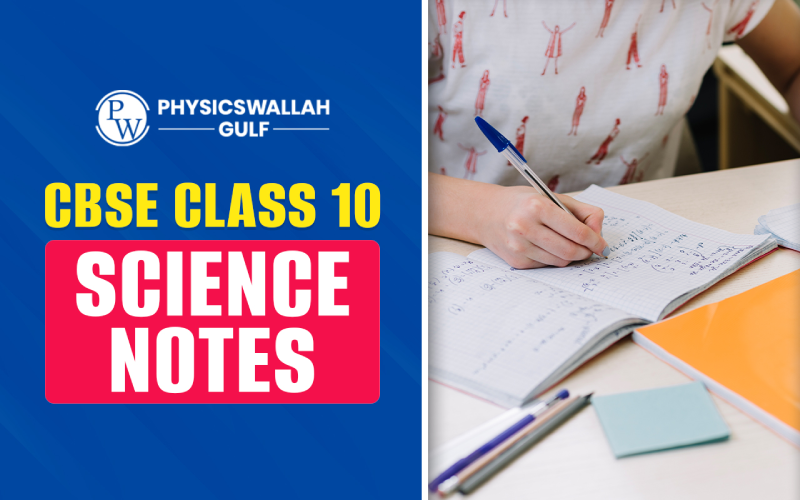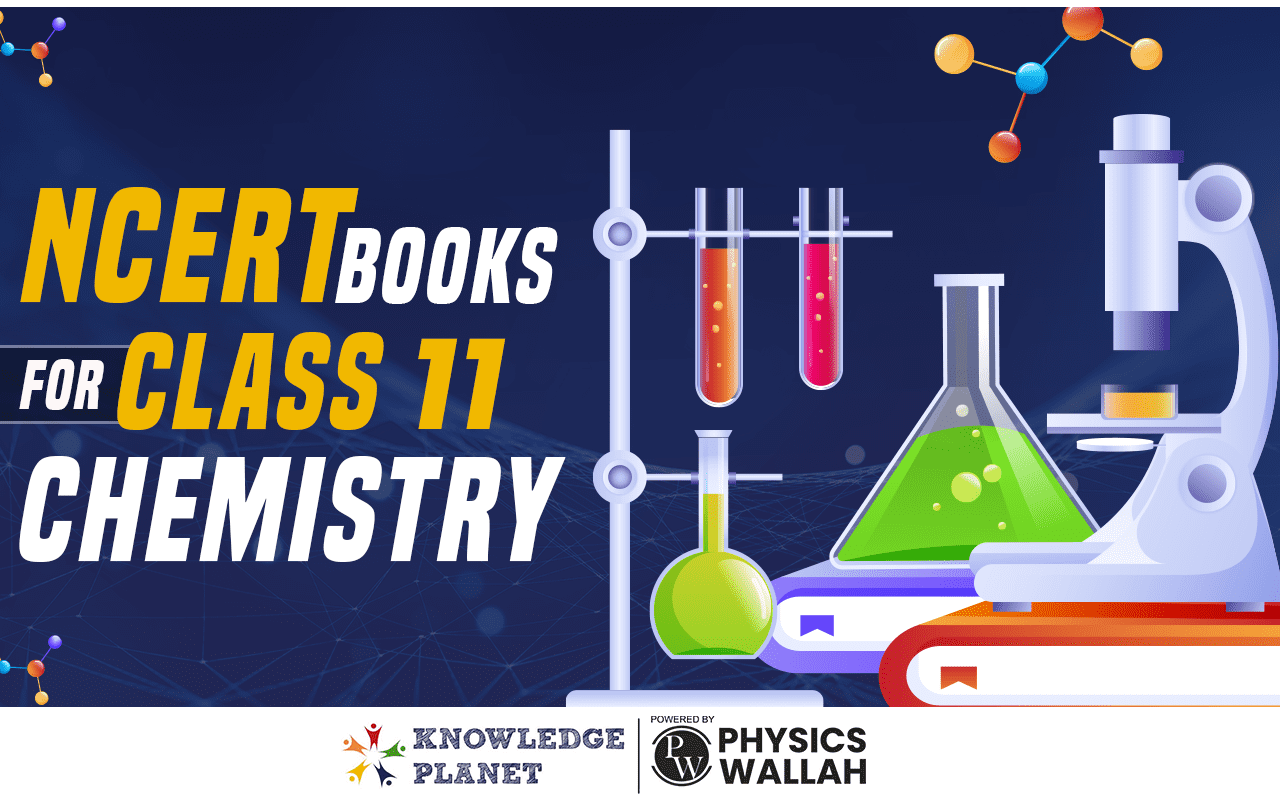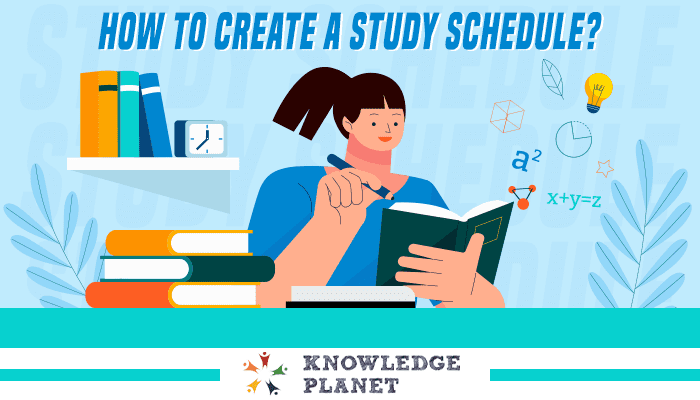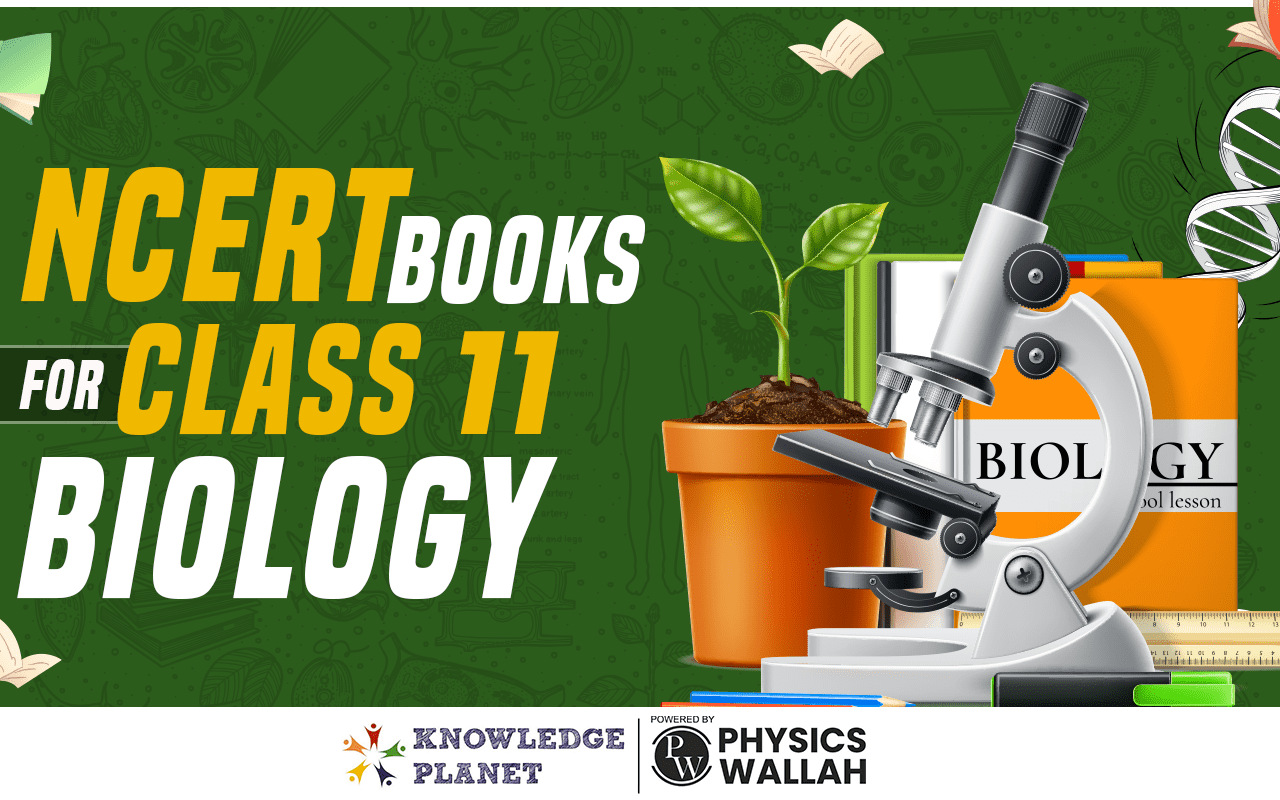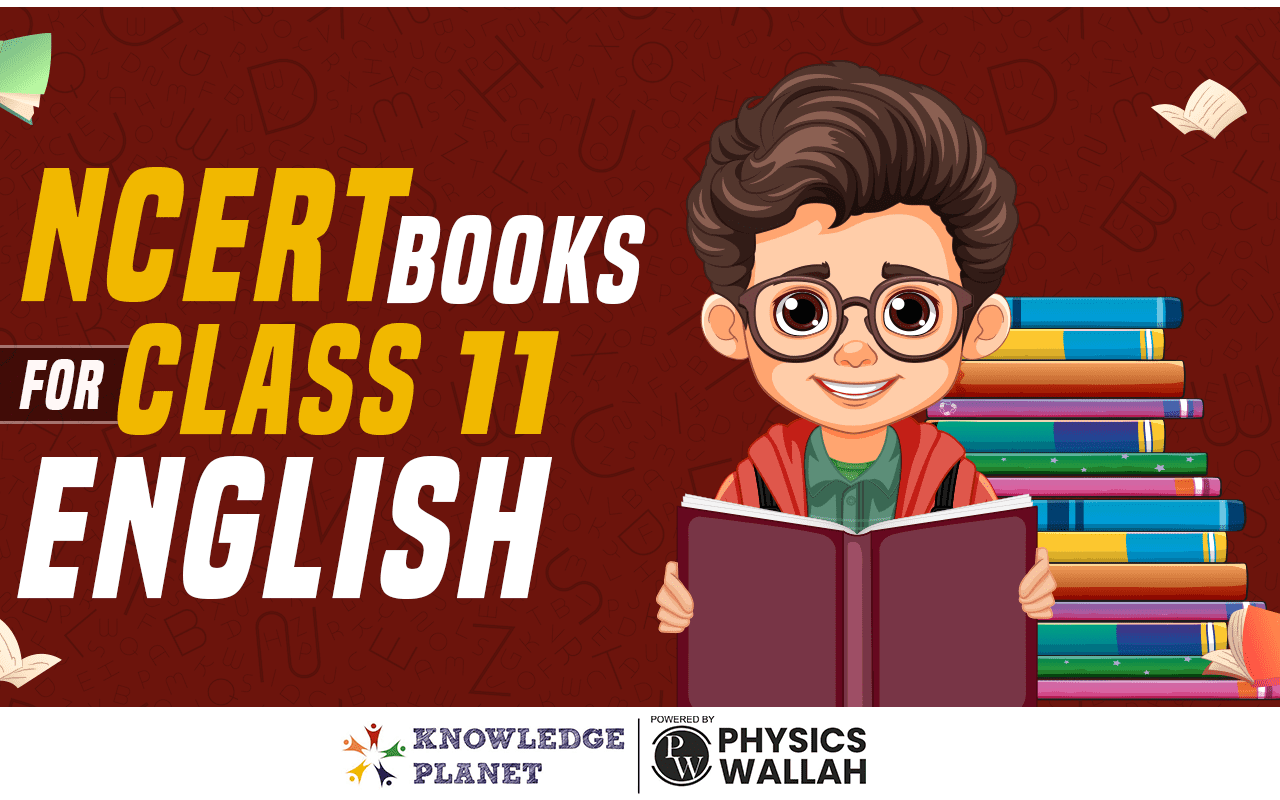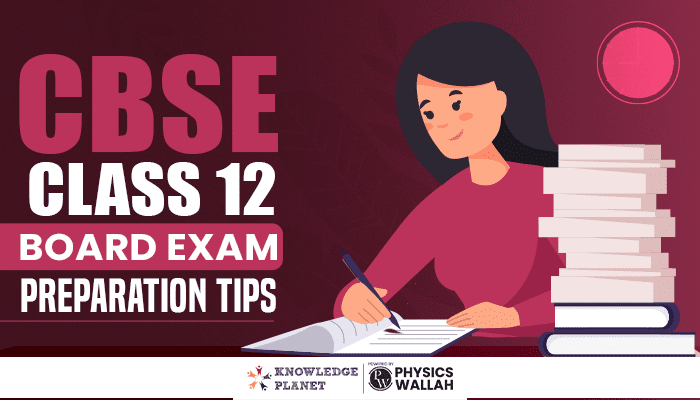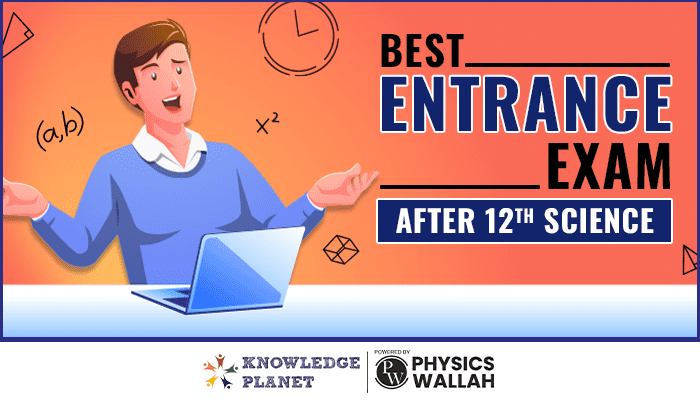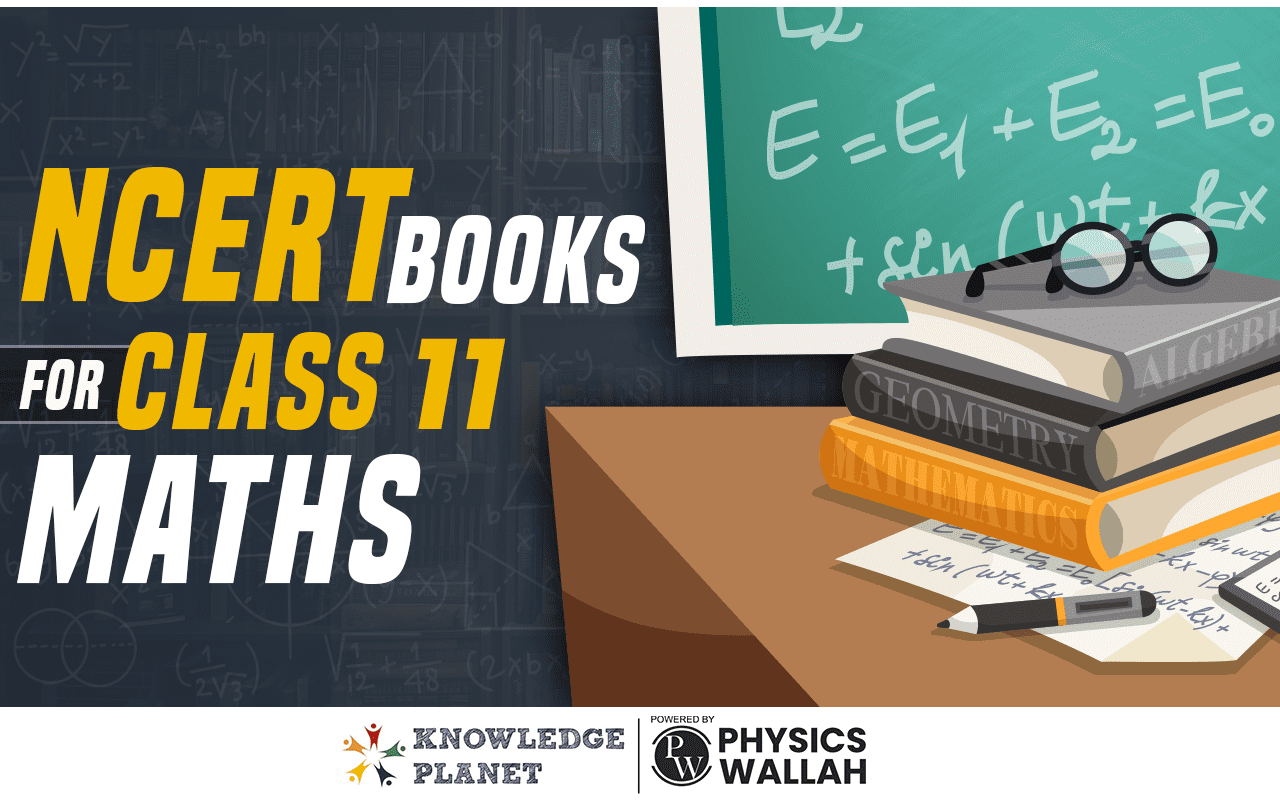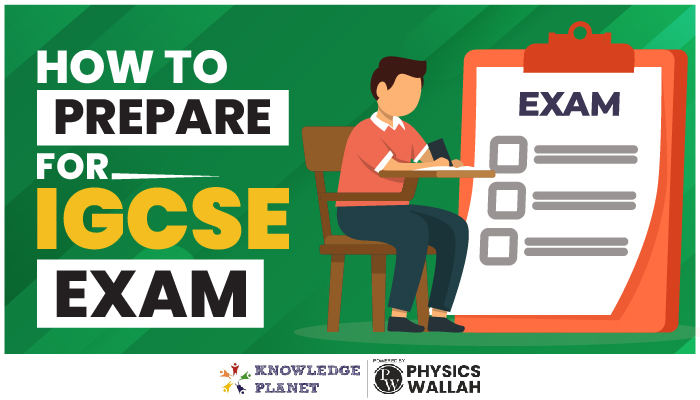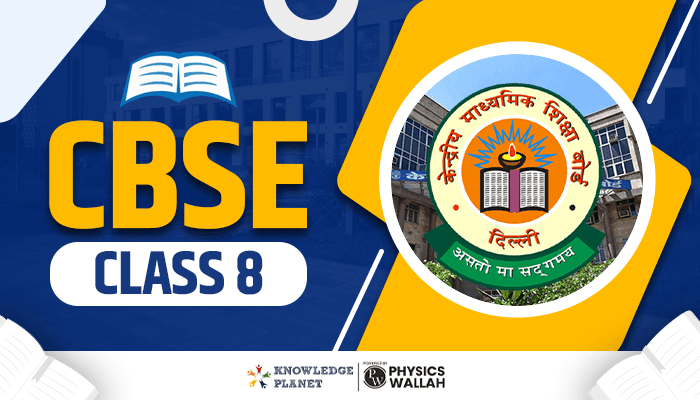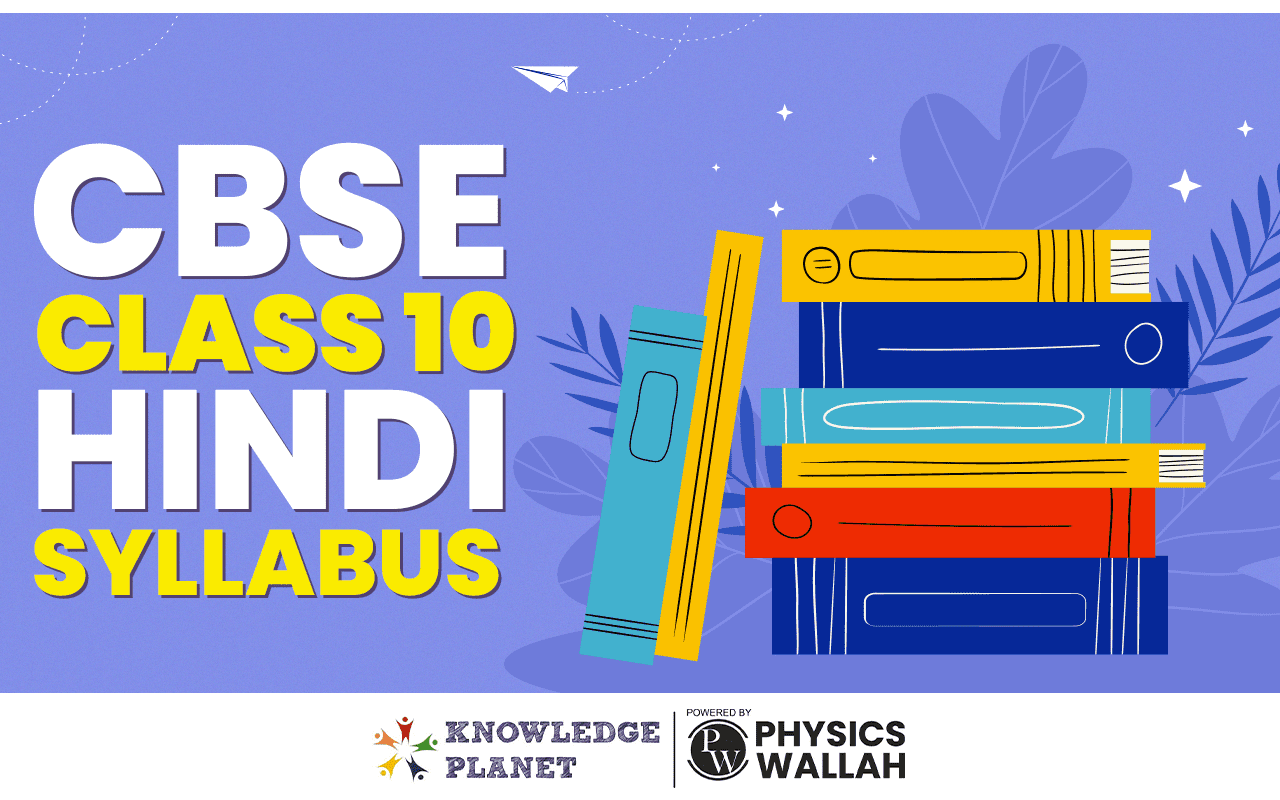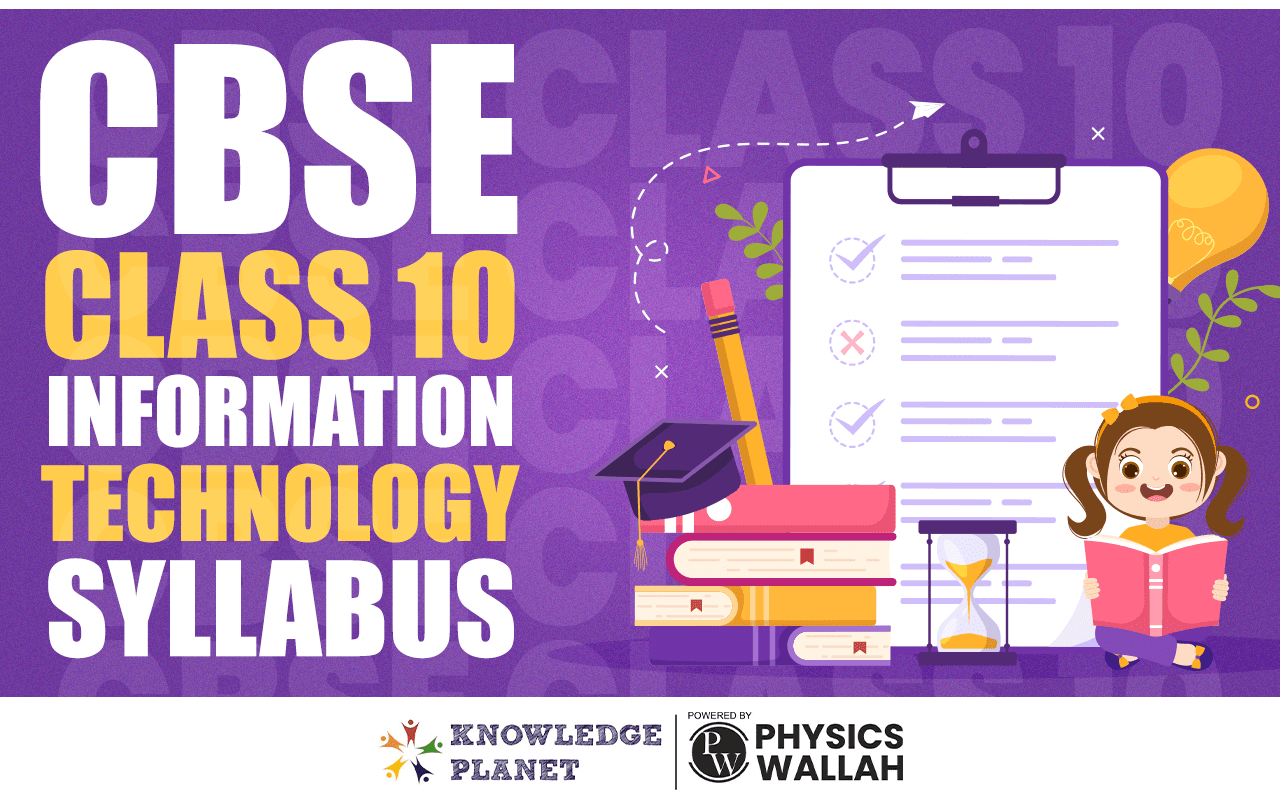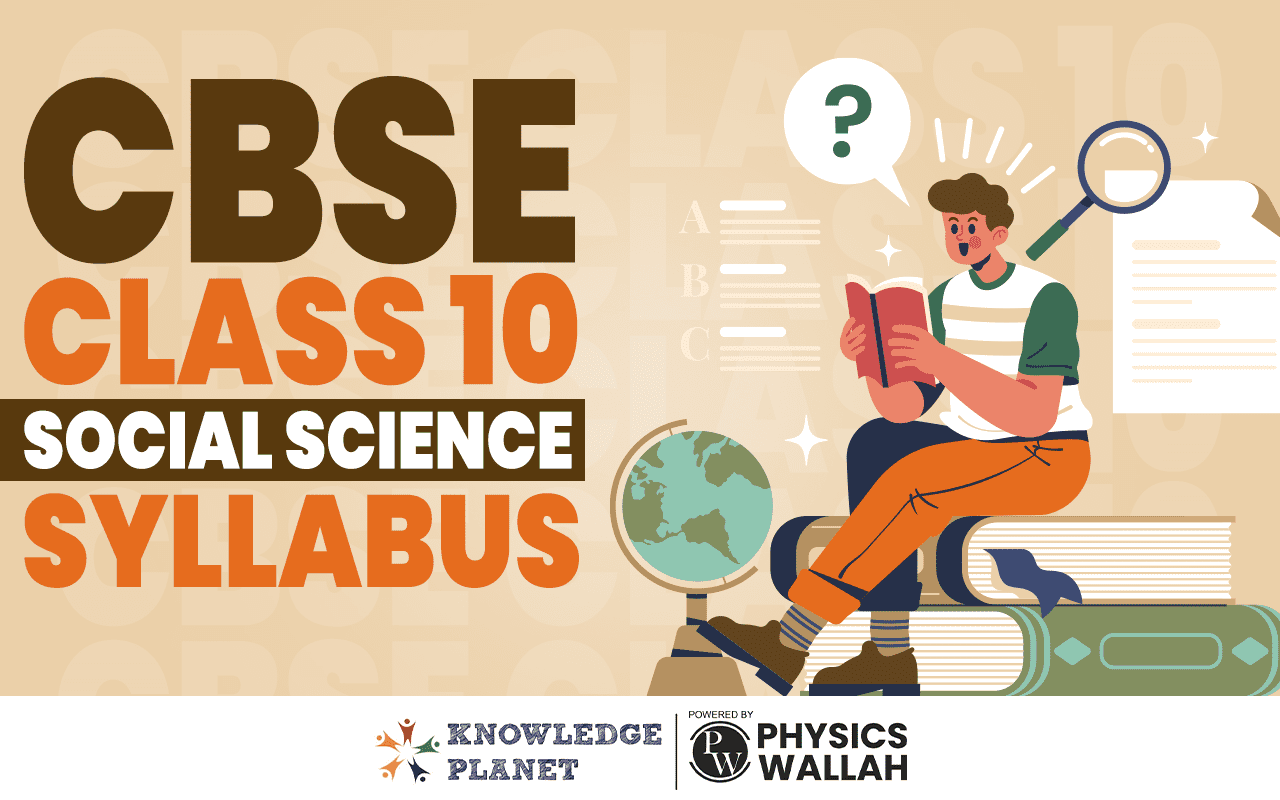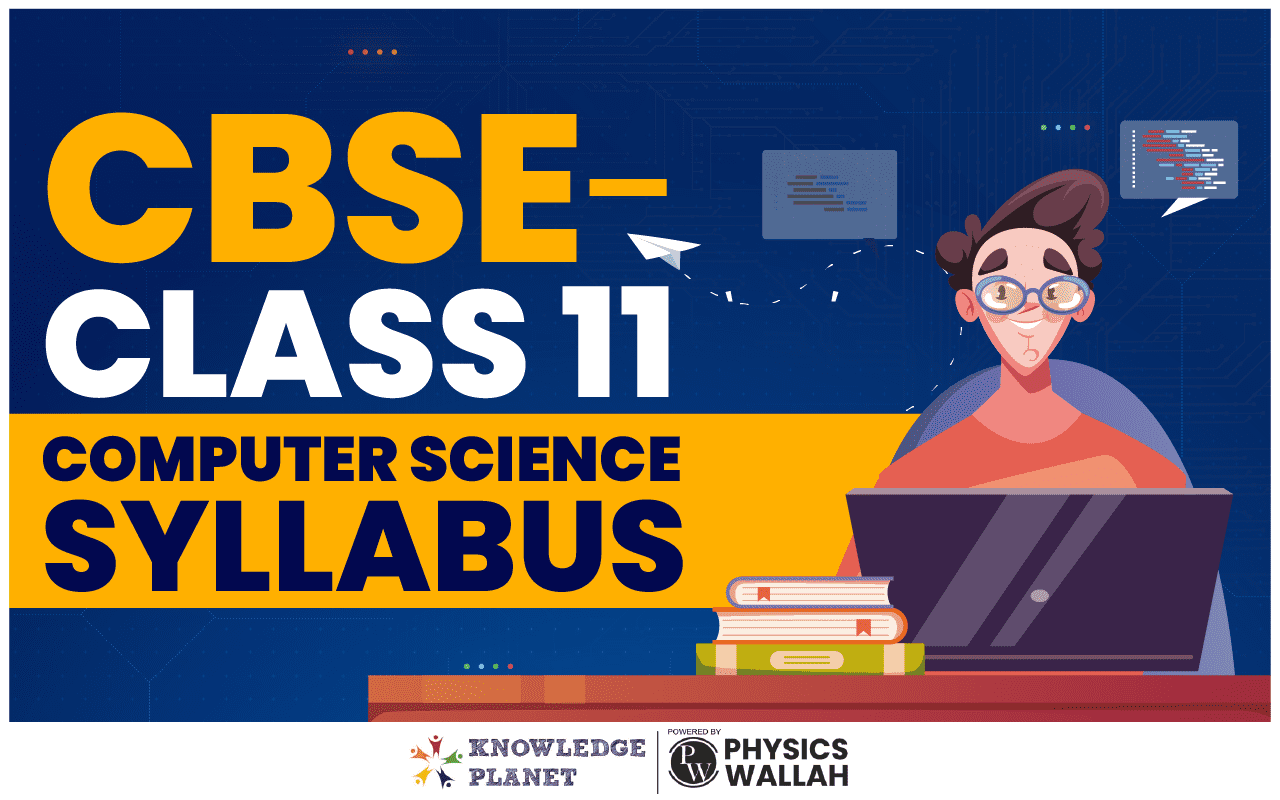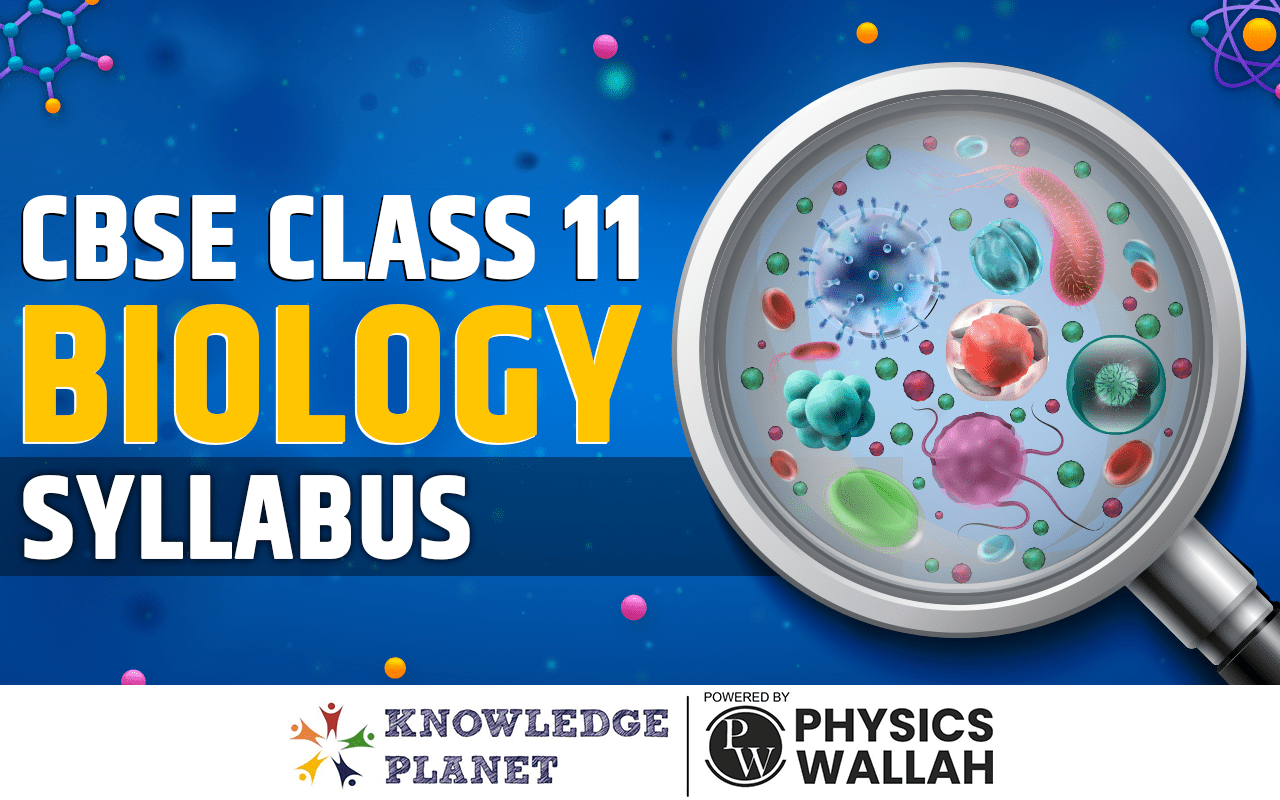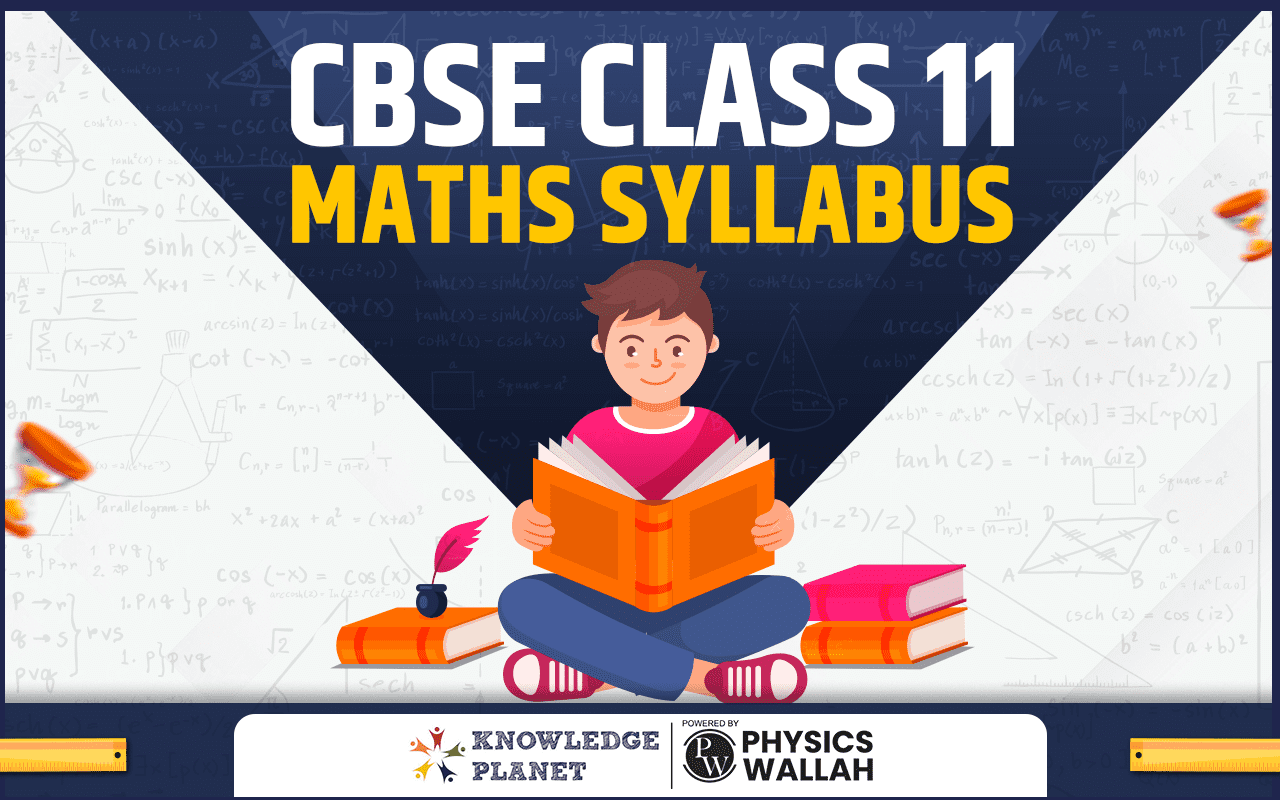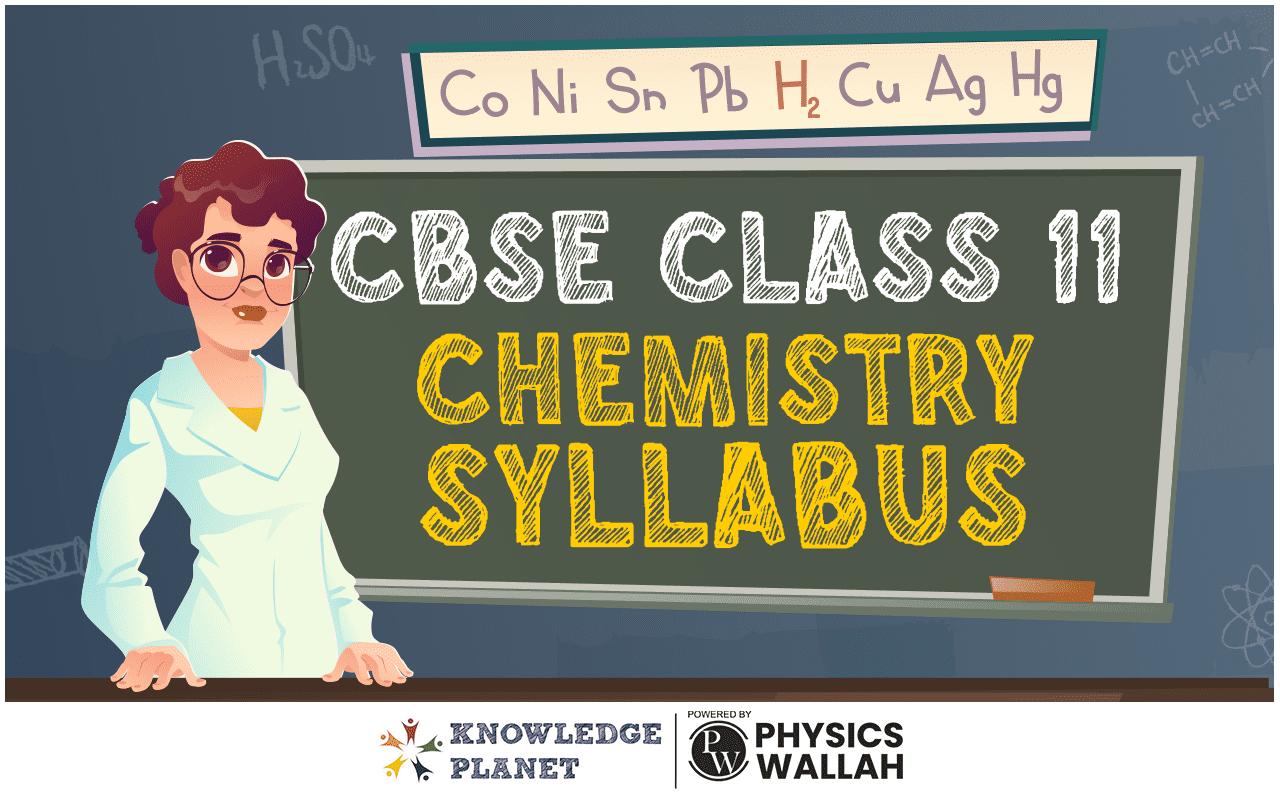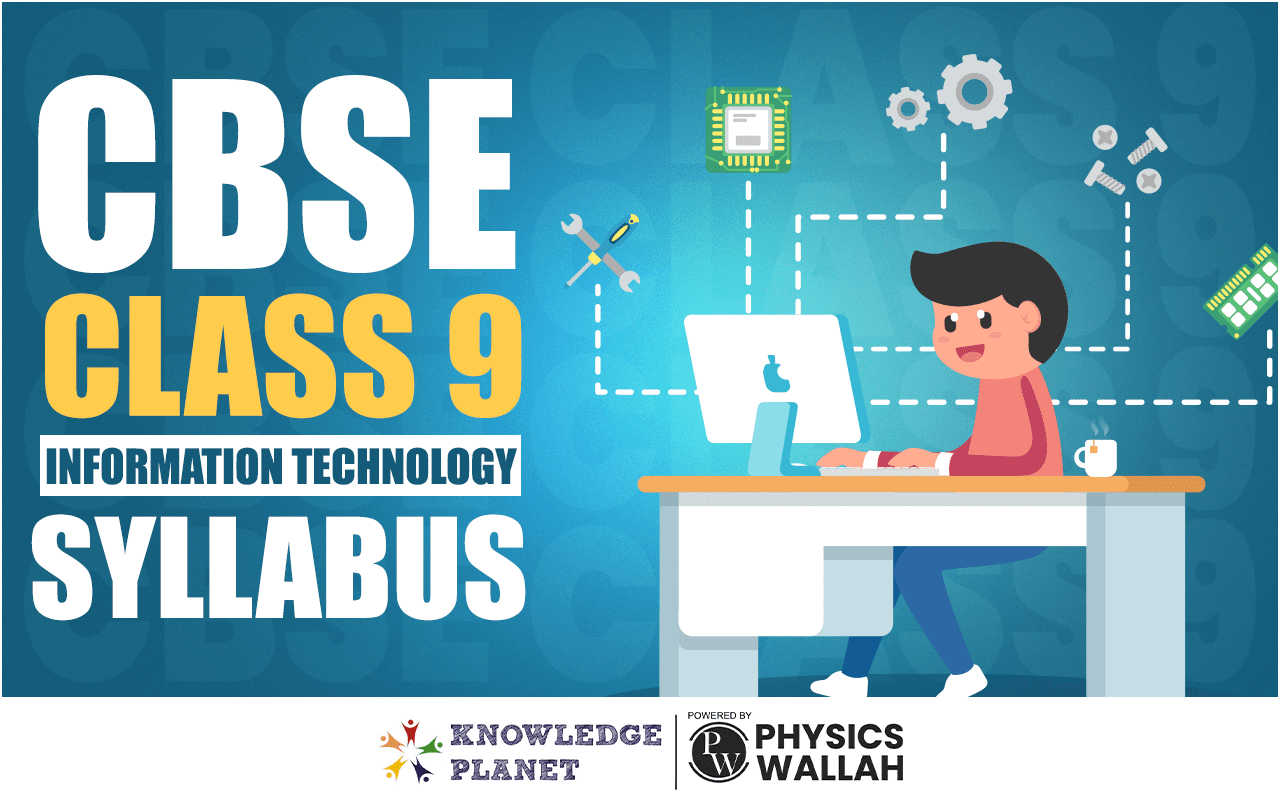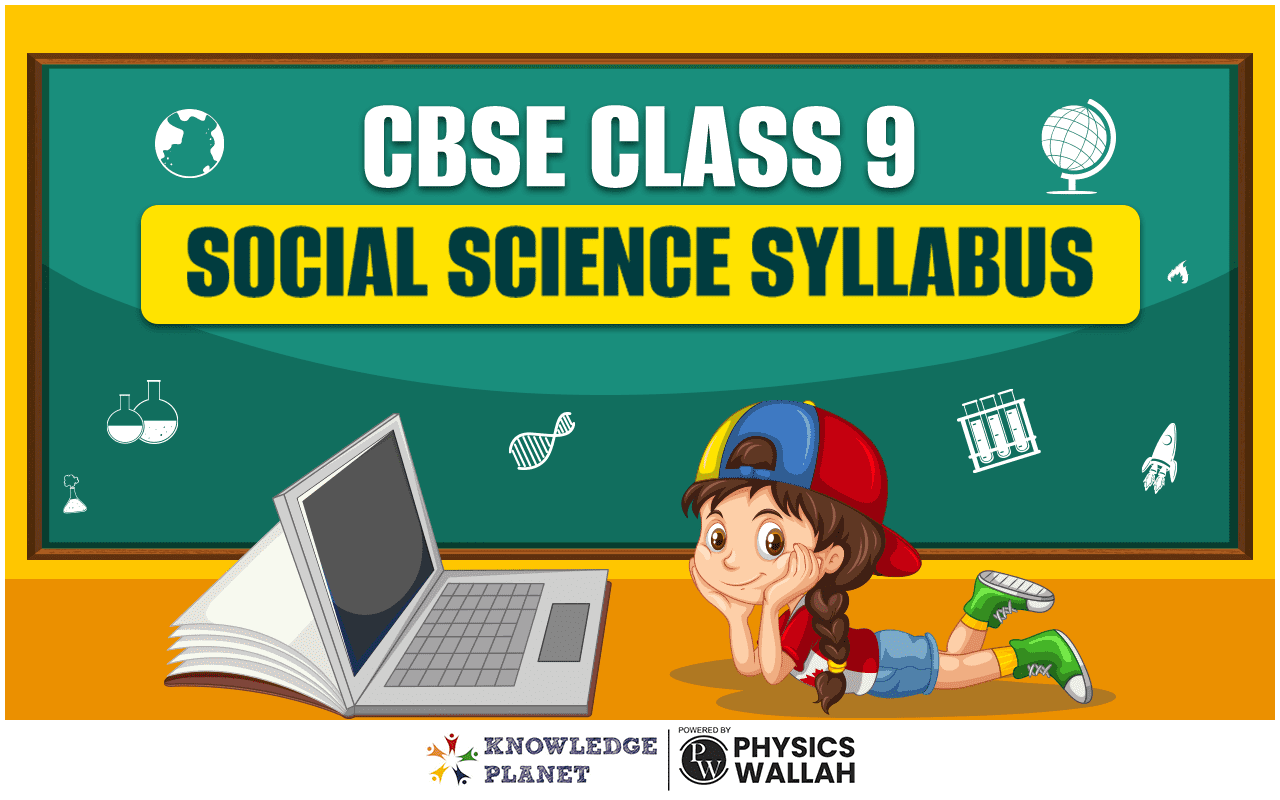Class 11 Accountancy Syllabus: In the CBSE International Class 11 Accountancy syllabus, students will learn about the basic rules and methods of accounting. This course is designed to give a thorough understanding of how businesses handle their money, including keeping records, studying them, and using them to make decisions. Students will cover topics like accounting rules, financial statements, trial balance, depreciation, and bank reconciliation statements.
By studying this syllabus, students will improve their ability to think critically, work with numbers, and gain a strong grasp of accounting principles. These skills are important for continuing education or working in fields like finance and commerce.
Class 11 Accountancy Syllabus Overview
Class 11 Accountancy Syllabus provides a structured approach to learning fundamental accounting principles, preparing students for a deeper understanding of financial reporting and analysis in real-world business scenarios.
Unit-1: Theoretical Framework
Introduction to Accounting
-
Accounting: understanding its concept, role as a source of information, objectives, advantages, and limitations.
-
Types of accounting information and users' needs.
-
Qualitative Characteristics of Accounting Information.
-
Basic Accounting Terms: Entity, Business Transaction, Capital, Drawings, Liabilities, Assets, Expenditure, Expense, Revenue, Income, Profit, Gain, Loss, Purchase, Sales, Goods, Stock, Debtor, Creditor, Voucher, Discount.
Theory Base of Accounting
-
Fundamental accounting assumptions.
-
Basic accounting concepts: Business Entity, Money Measurement, Going Concern, Accounting Period, Cost Concept, Dual Aspect, Revenue Recognition, Matching, Full Disclosure, Consistency, Conservatism, Materiality, Objectivity.
-
System of Accounting and Basis of Accounting: cash basis and accrual basis.
-
Applicability of Accounting Standards in IndAS.
-
Introduction to Goods and Services Tax (GST): Characteristics and Advantages.
Unit-2: Accounting Process
Recording of Business Transactions
-
Understanding Vouchers and Transactions: Source documents, Preparation of Vouchers, Accounting Equation Approach, Rules of Debit and Credit.
-
Recording of Transactions in Books of Original Entry: Journal, Special Purpose books, Cash Book, Purchases book, Sales book, Purchases return book, Sales return book, Journal proper.
-
Ledger: Format, Posting from journal and subsidiary books, Balancing of accounts.
-
Bank Reconciliation Statement: Need, preparation, and importance.
Depreciation, Provisions, and Reserves
-
Depreciation: Meaning, Features, Methods (Straight Line Method, Written Down Value Method), Treatment of disposal of assets.
-
Provisions, Reserves, and their Types (Revenue reserve, Capital reserve, General reserve, Specific reserve).
-
Trial balance: Objectives, preparation, and Rectification of Errors.
Part B: Financial Accounting – II
Unit 3: Financial Statements of Sole Proprietorship
-
Financial Statements: Meaning, objectives, importance.
-
Preparation of Trading and Profit and Loss Account: Gross Profit, Operating profit, Net profit.
-
Balance Sheet: Need, grouping, marshaling of assets and liabilities, Preparation.
-
Adjustments in preparation of financial statements.
Part C: Project Work (Any one)
-
Collection of source documents, preparation of vouchers, recording of transactions with the help of vouchers.
-
Preparation of Bank Reconciliation Statement with given cash book and pass book transactions.
-
Comprehensive project of any sole proprietorship business: Starting with journal entries, ledgering, preparation of Trial balance, Trading and Profit and Loss Account, and Balance Sheet, depicted using pie chart / bar diagram.
Class 11 Accountancy Course Structure
The Class 11 Accountancy course structure for the academic year 2024-25 includes various units and topics. Here is the detailed overview of class 11 accountancy course structure listed below:
|
Class 11 Accountancy Course Structure |
||
|
Units |
Topics |
Marks |
|
Part A |
Financial Accounting - I |
50 |
|
|
1. Theoretical Framework |
15 |
|
|
2. Accounting Process |
35 |
|
Part B |
Financial Accounting - II |
40 |
|
|
3. Financial Statements of Sole Proprietorship |
15 |
|
|
4. Financial Statements of Non-Profits |
15 |
|
|
5. Computers in Accounting |
10 |
|
Part C |
Project Work |
10 |
|
Total |
|
100 |
What is the Exam pattern for class 11 Accountancy Exam?
The exam pattern for Class 11 Accountancy exams includes specific details regarding the structure of the examination, question paper pattern, and marking scheme. Here is the required details been mentioned:
|
Exam patterns for class 11 Accountancy Exams |
|
|
Aspect |
Details |
|
Marks |
Theory Exam: 80 Marks |
|
Duration |
3 hours |
|
Question Types |
Objective, Very Short Answer, Short Answer, Long Answer |
|
Marking Scheme |
|
|
Unit-wise Marks Allocation |
Part A: Financial Accounting-I
|
|
Part B: Financial Accounting-II:
|
|
|
Part C: Project Work: 20 Marks |
|
Class 11 Accountancy Syllabus FAQs
Q 1: What are the main topics we learn in Class 11 Accountancy?
Ans: In Class 11 Accountancy, we learn about basic concepts like Introduction to Accounting, Theory Base of Accounting, Recording of Transactions - I, Financial Statements - I, and Bank Reconciliation Statement.
Q 2: How can we get ready for Class 11 Accountancy exams?
Ans: To prepare well for Class 11 Accountancy exams, students should understand the concepts well, practice solving problems regularly, make short notes for quick revision, use sample papers and old question papers for practice, and ask teachers or friends for help with any questions.
Q 3: Why is it important to study Accountancy in Class 11?
Ans: Studying Accountancy in Class 11 helps students build a strong foundation in finance, learn the basics of accounting, improve problem-solving skills, and get ready for further studies or jobs in finance, business, or commerce.
Q 4: How can students understand difficult topics in Accountancy better?
Ans: Students can understand tough topics in Accountancy better by breaking them down into smaller parts, using extra resources like books or online tutorials, talking to teachers or classmates, practicing regularly, and applying the concepts to real-life situations.
Q 5: What jobs can students who do well in Accountancy in Class 11 get?
Ans: Students who do well in Accountancy in Class 11 can become Chartered Accountants, Cost Accountants, Financial Analysts, Auditors, Tax Consultants, or continue studying Commerce, Finance, or Business Administration, leading to jobs in banking, consulting, corporate finance, and more.







